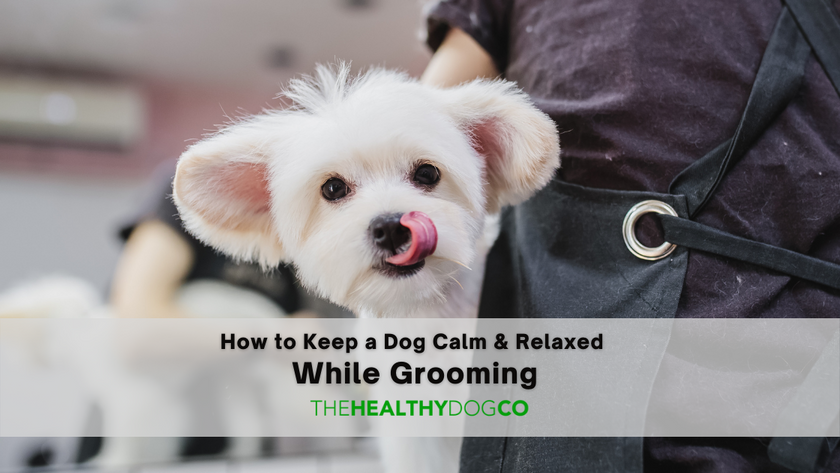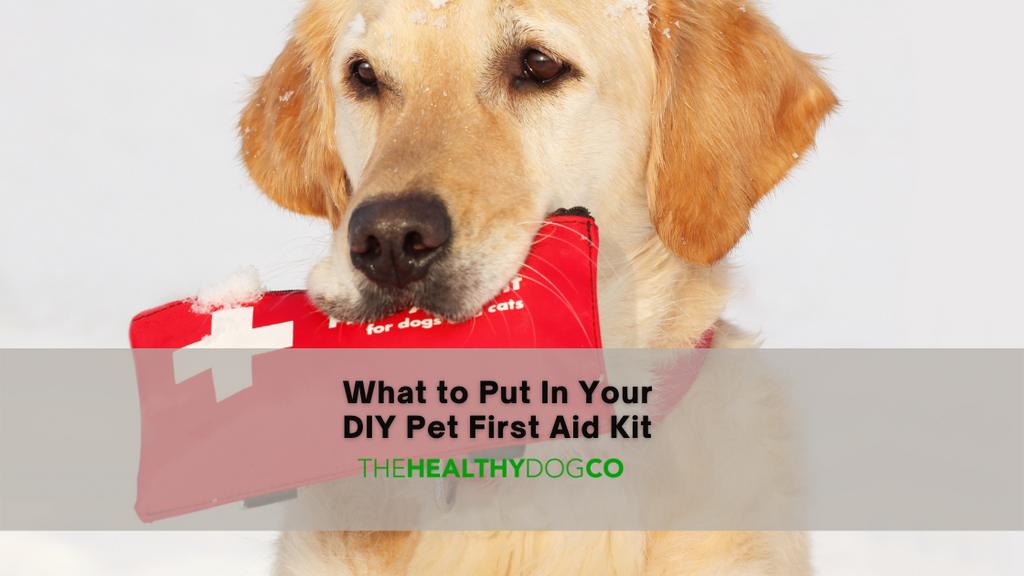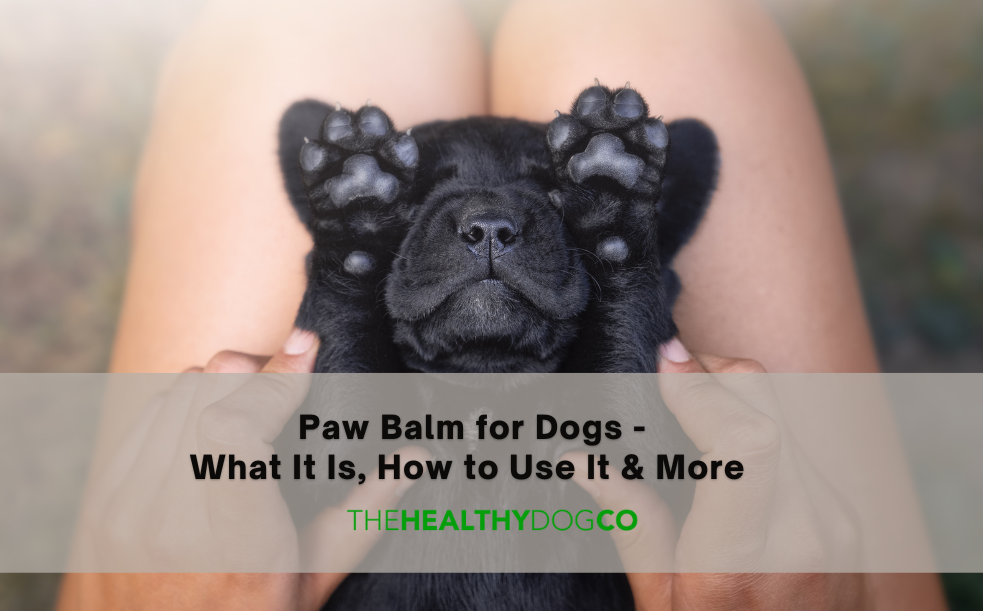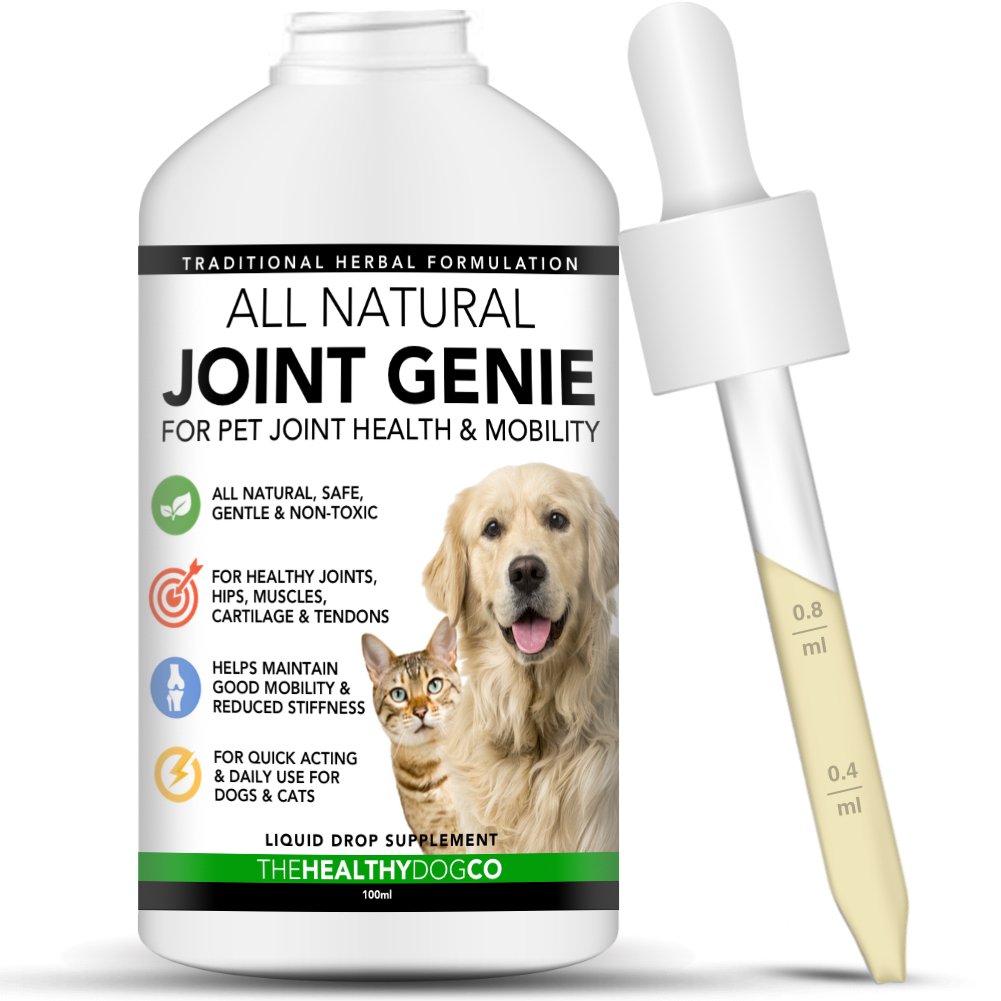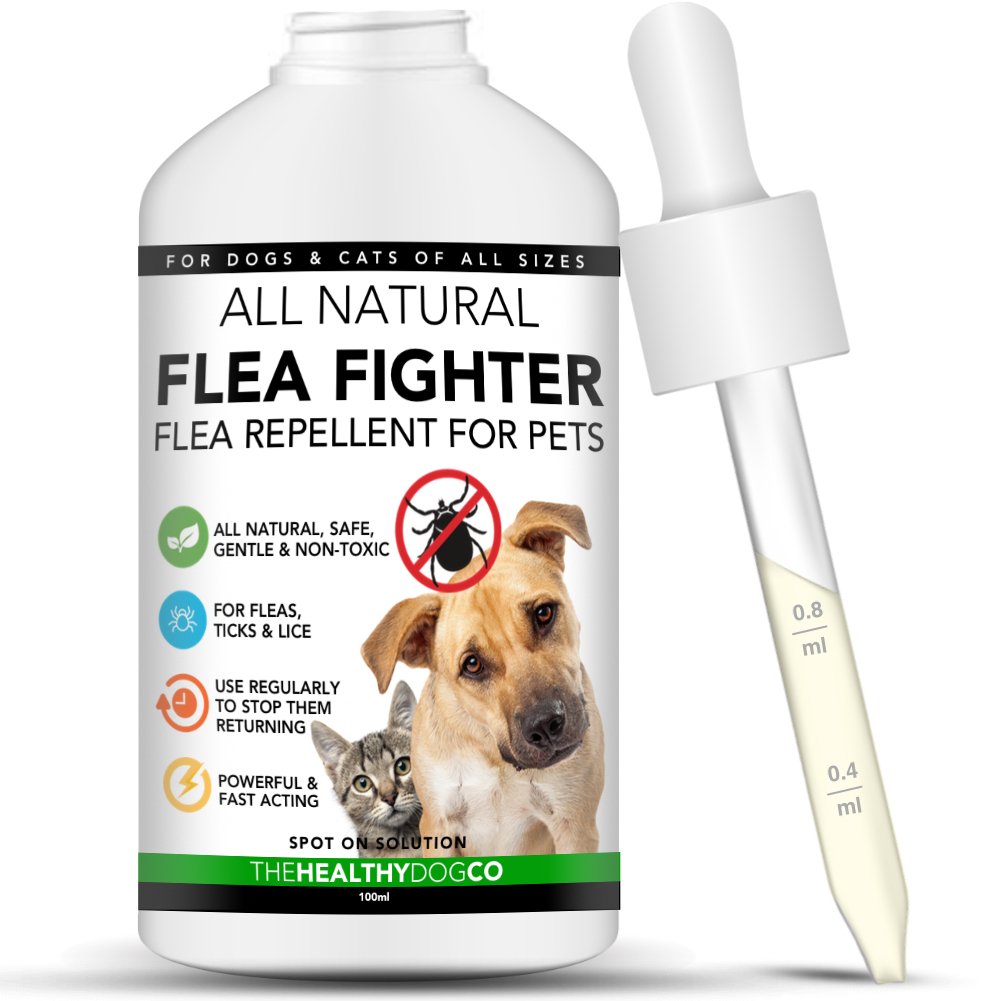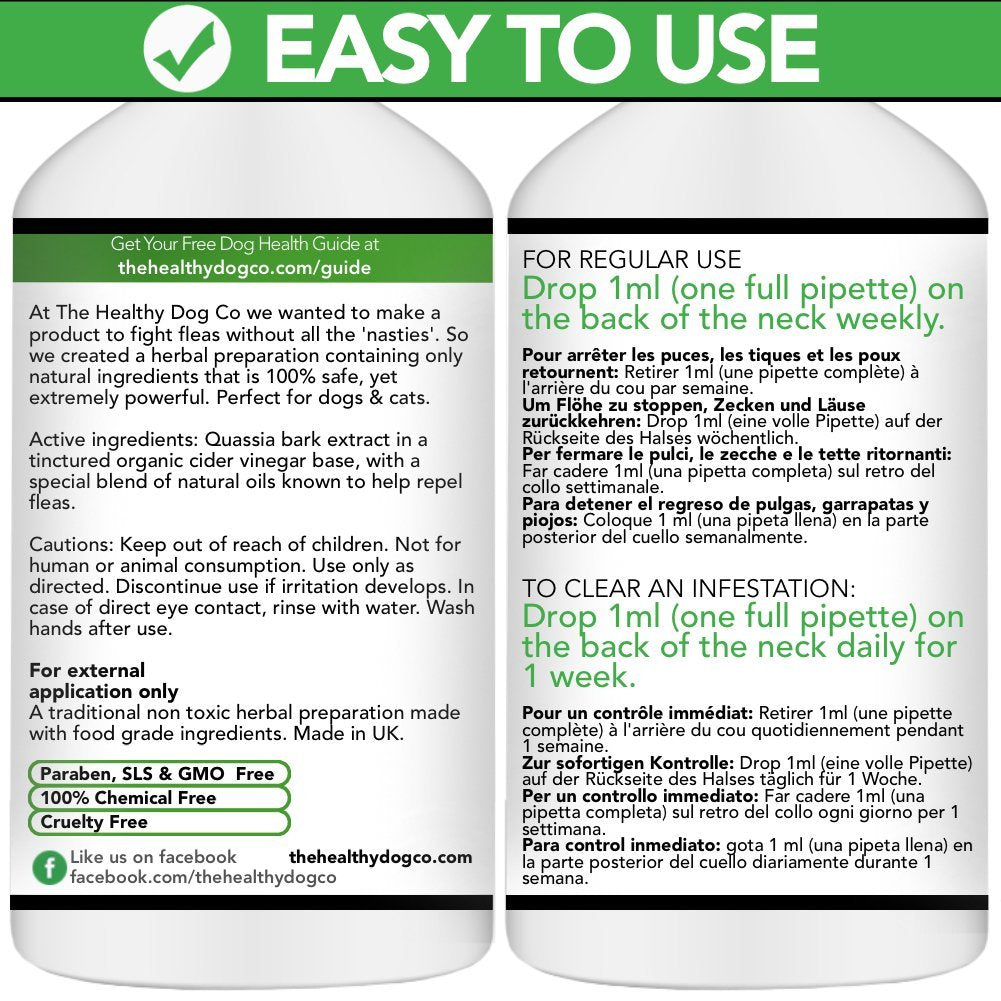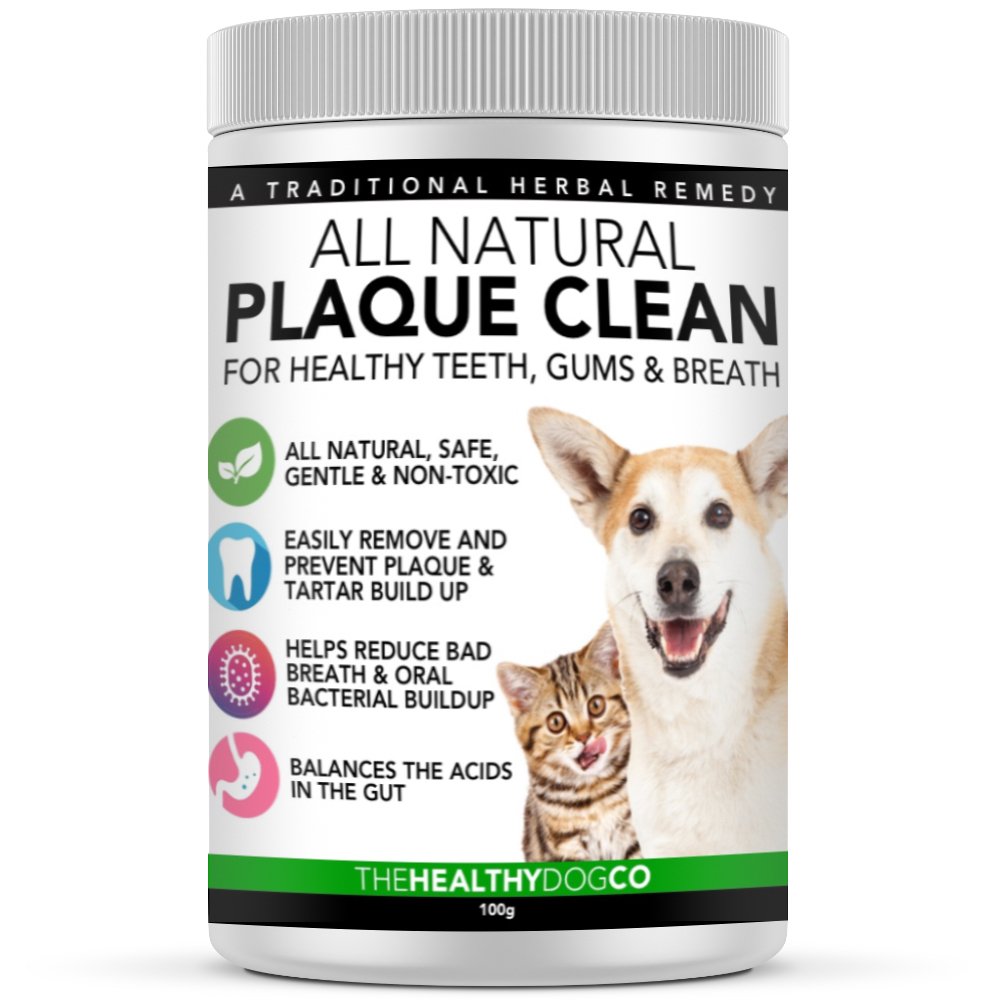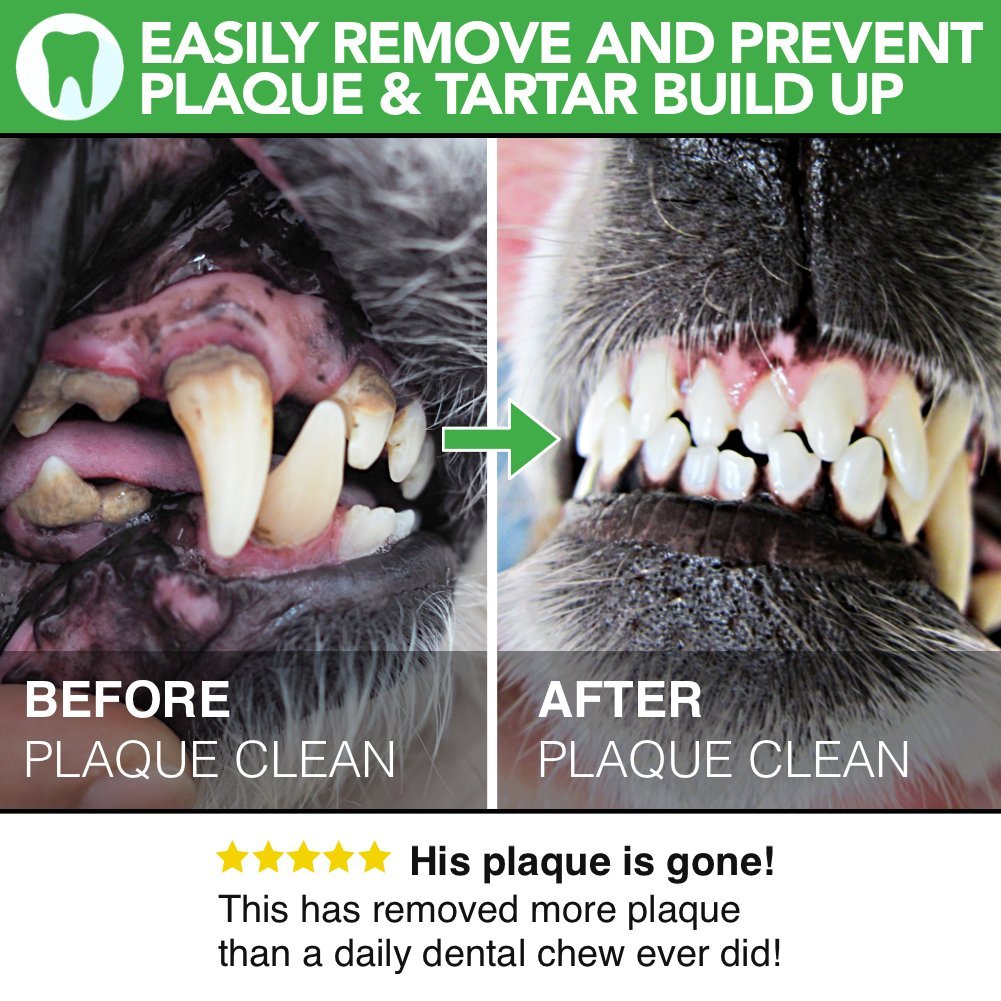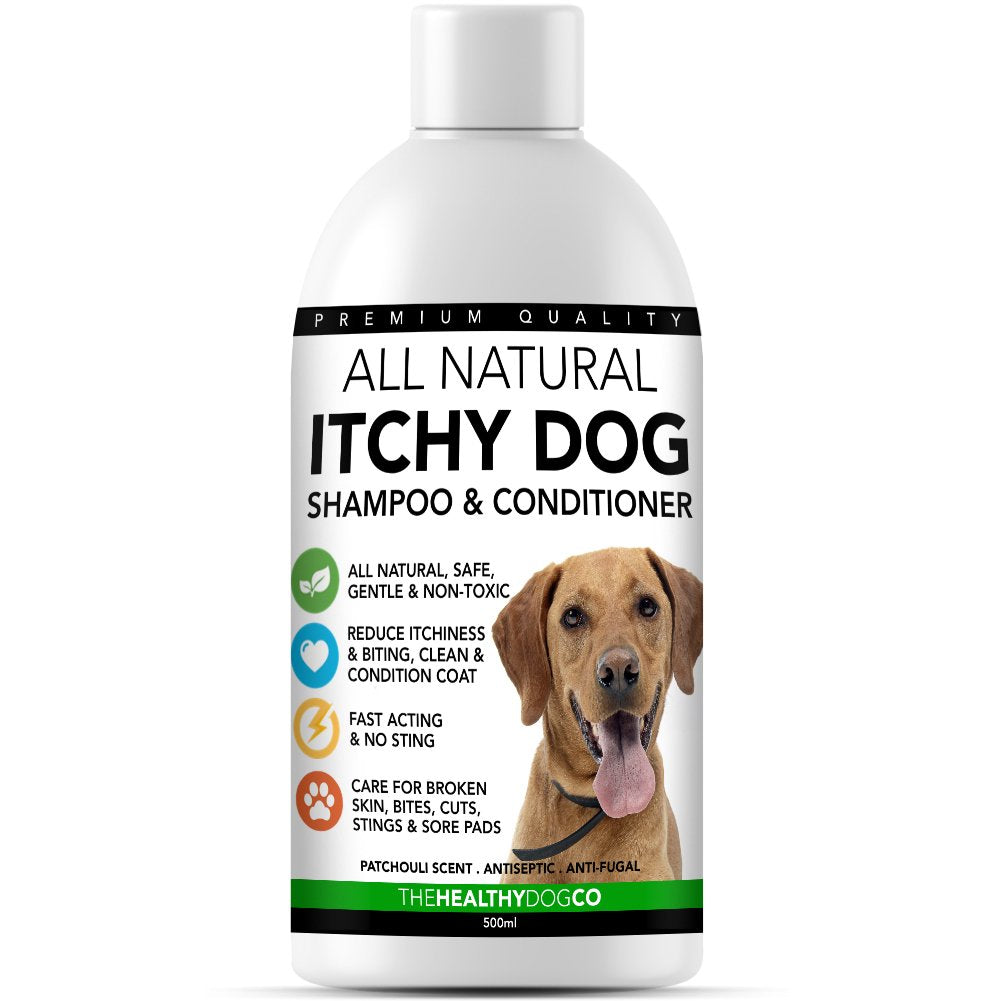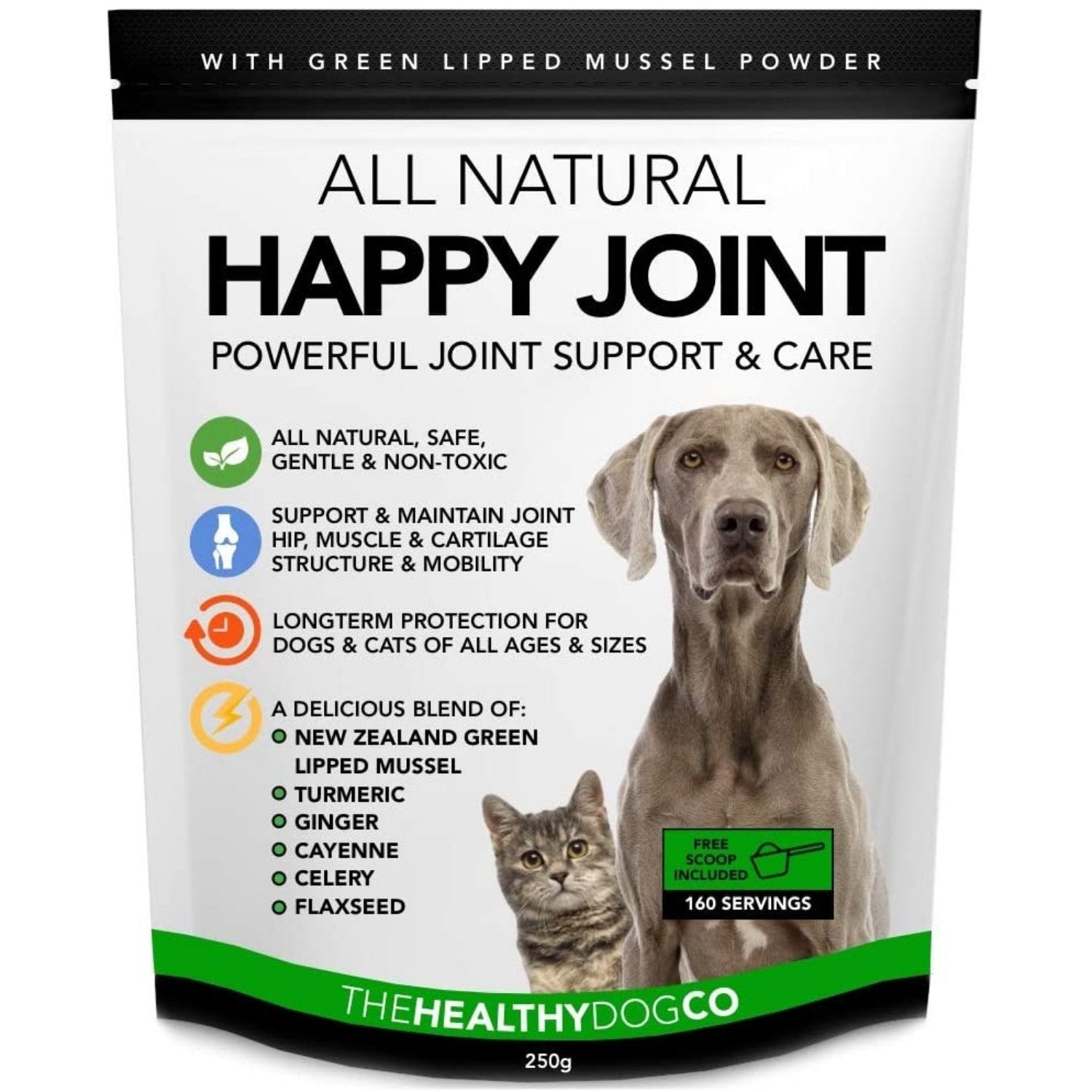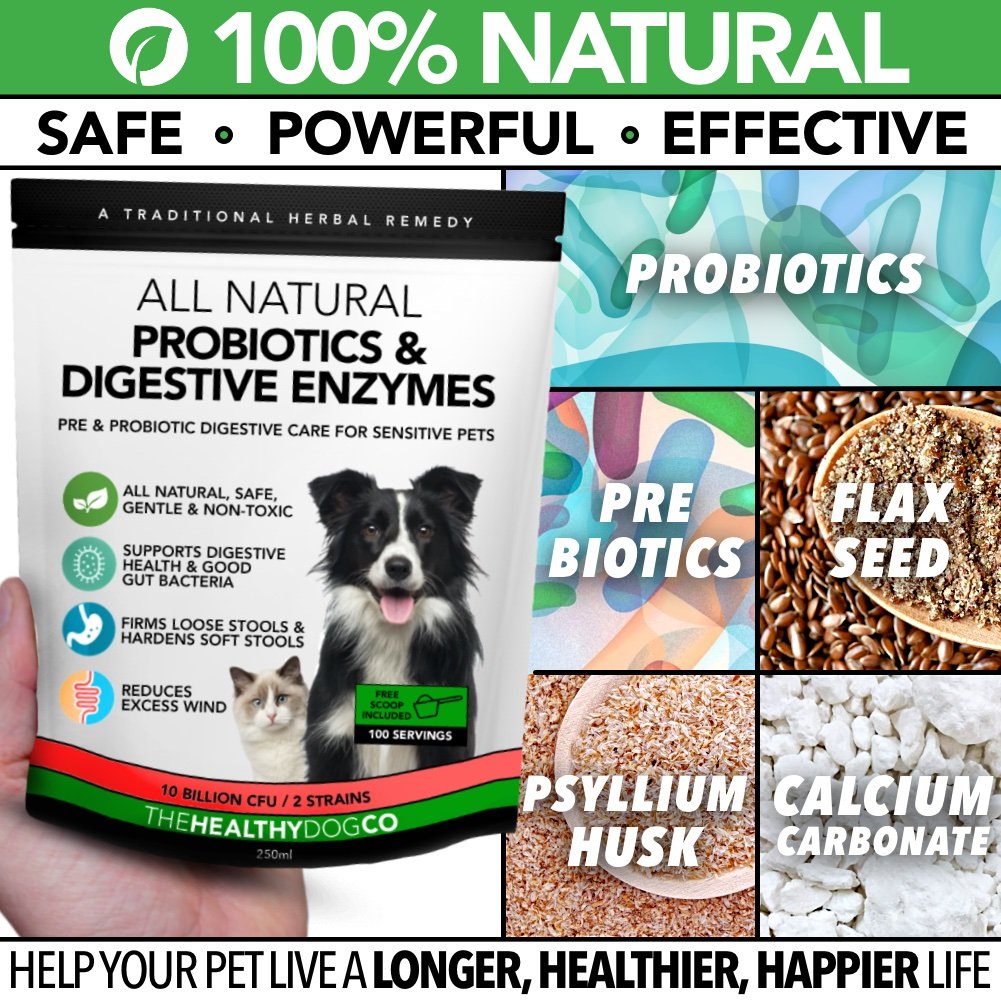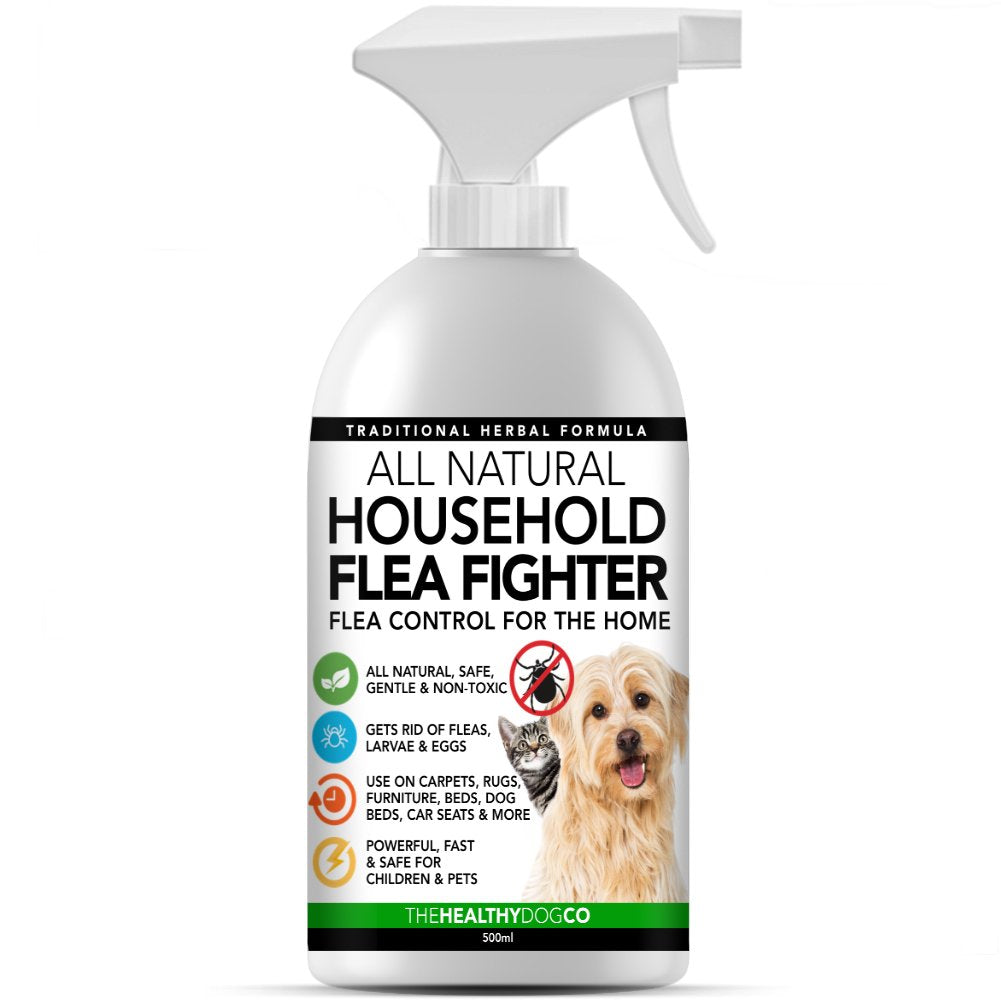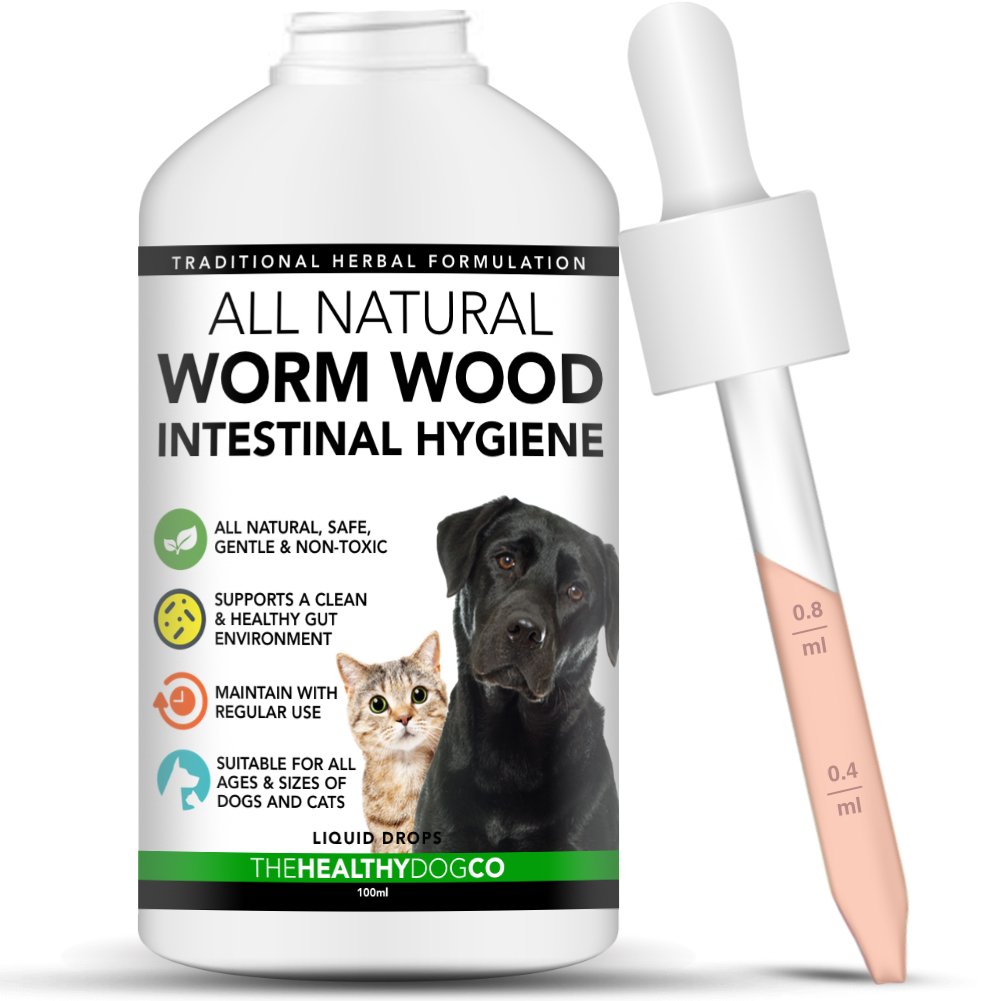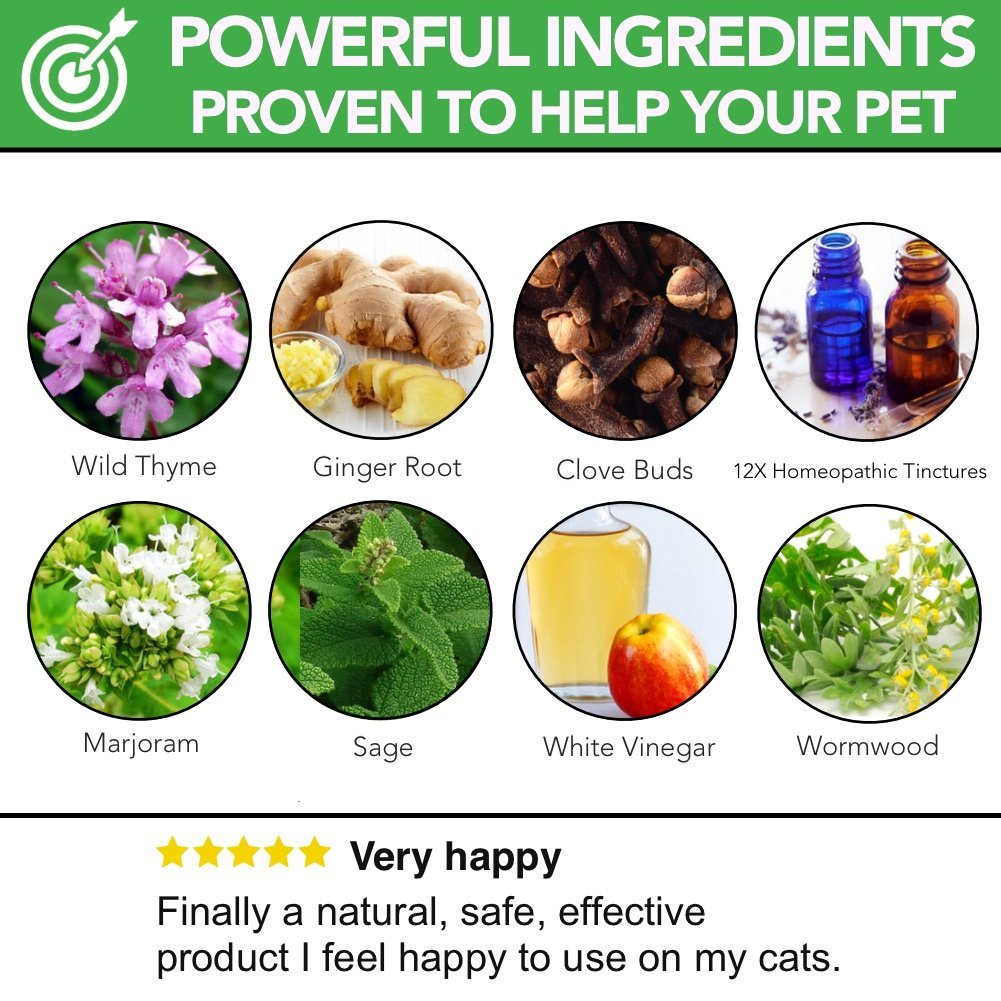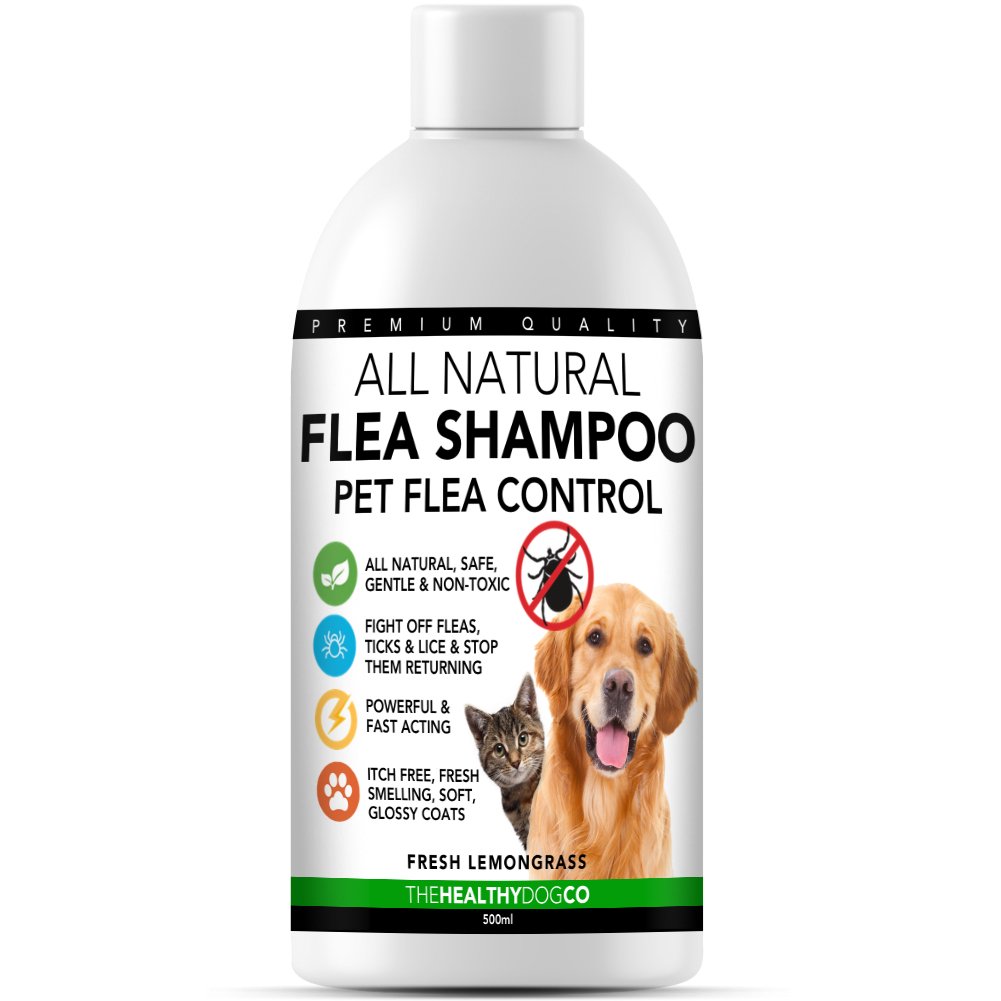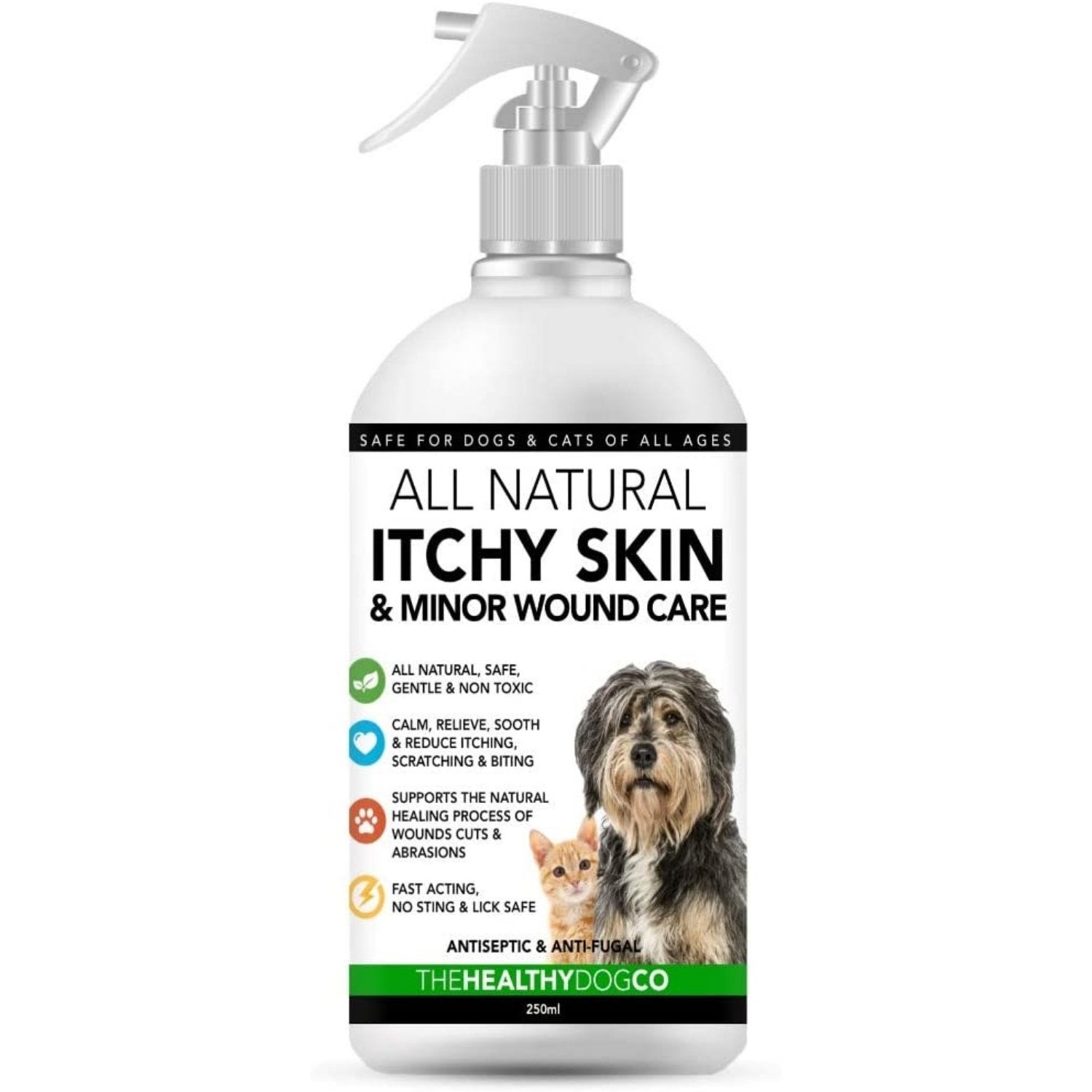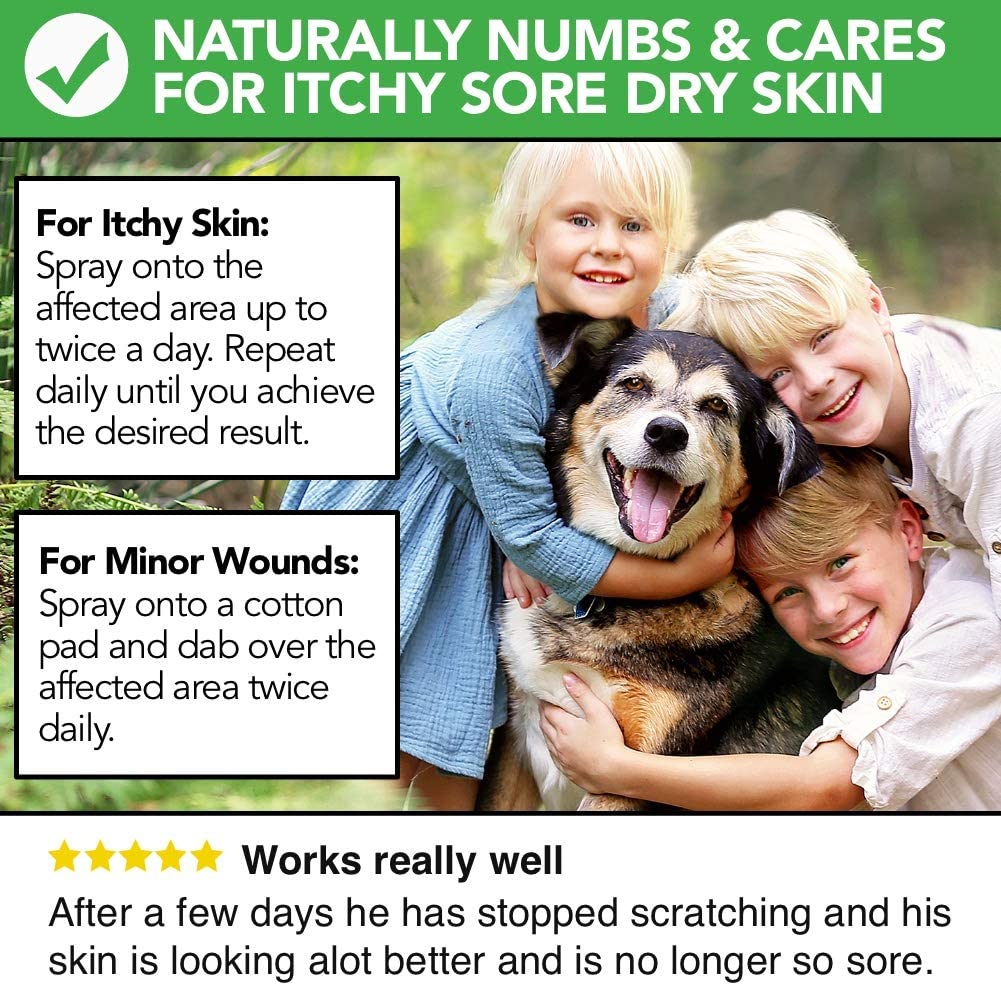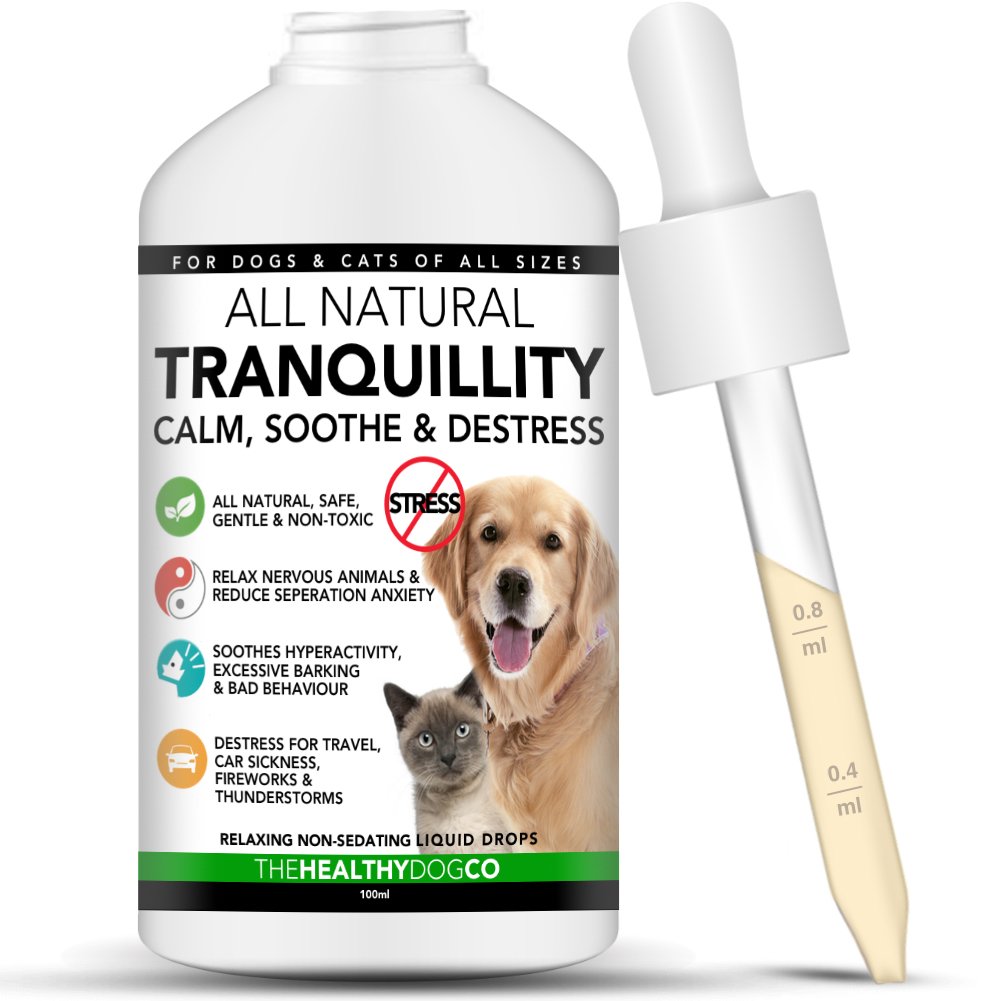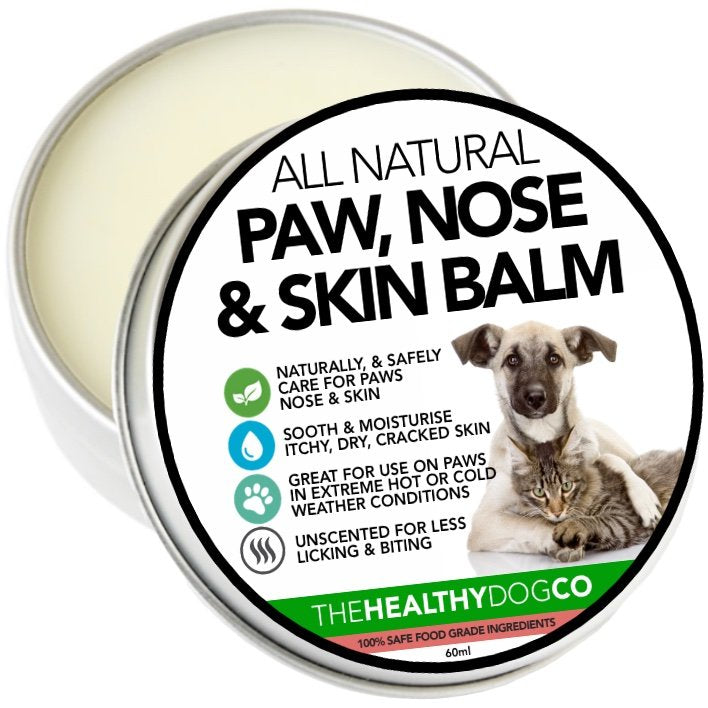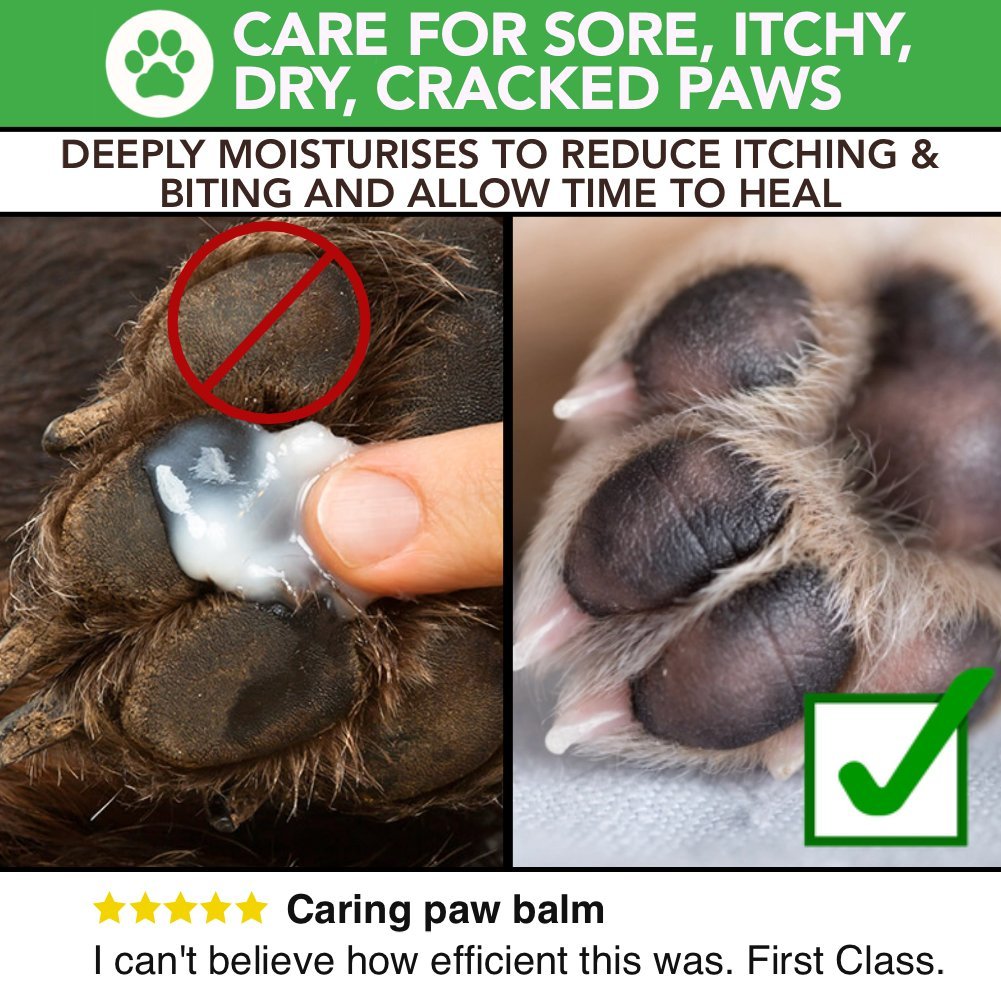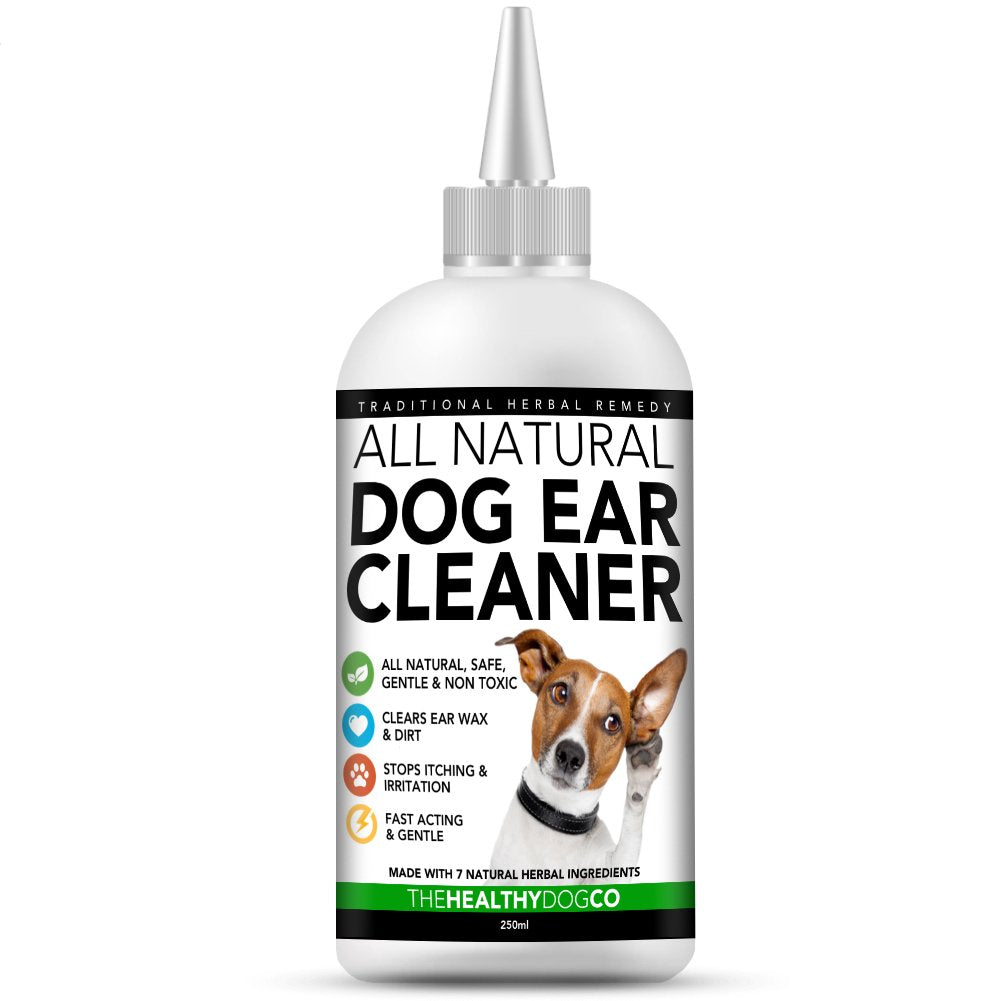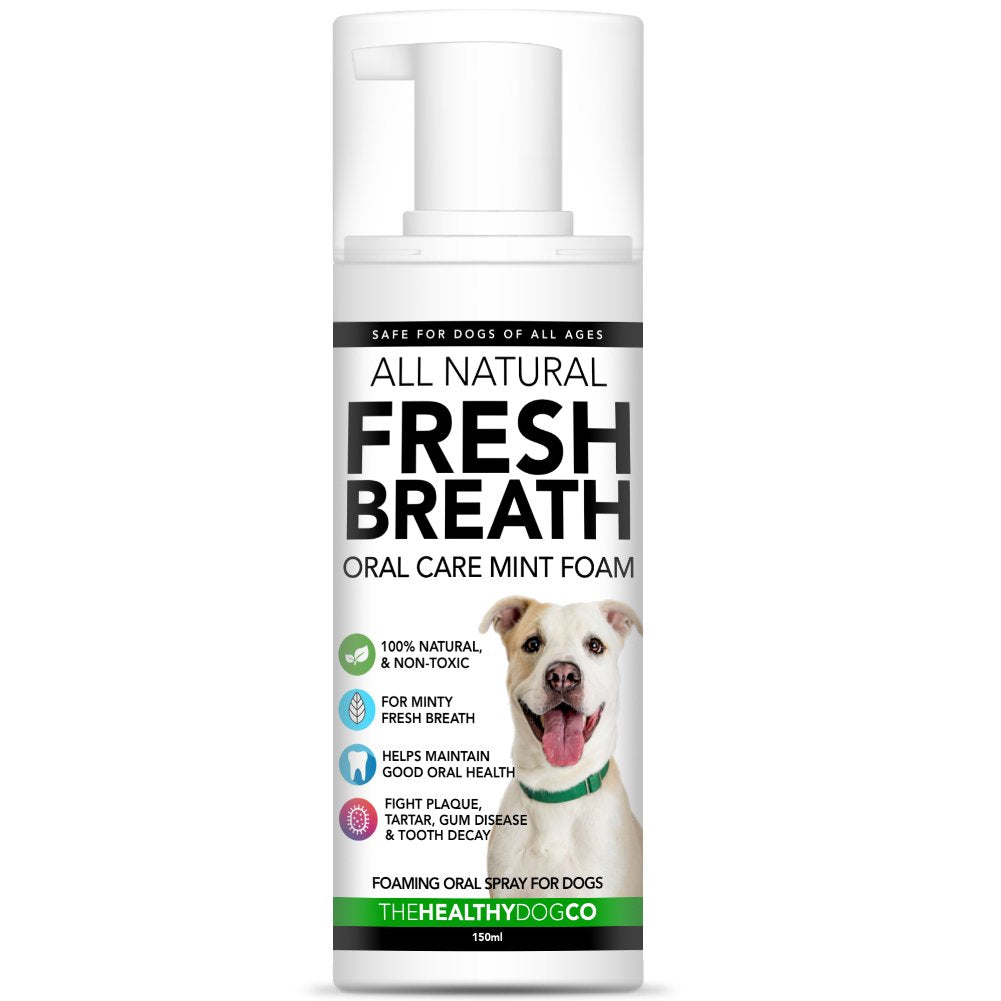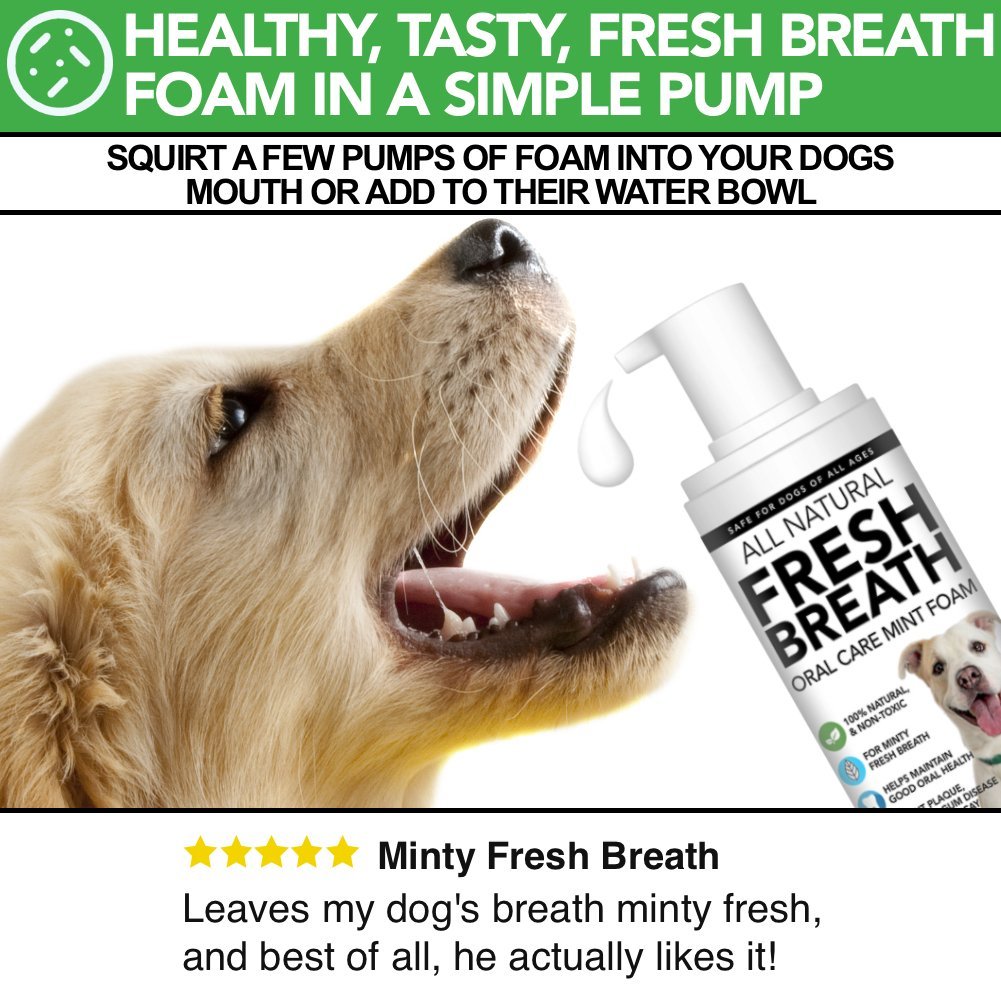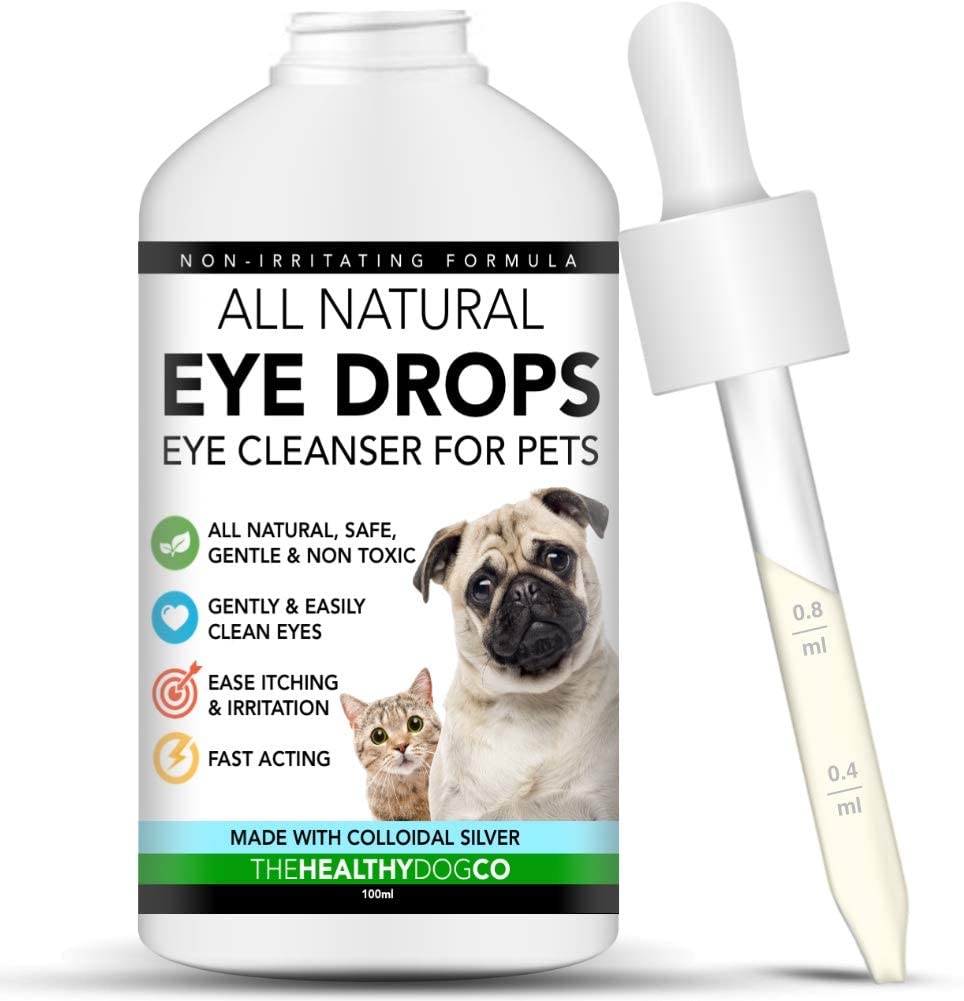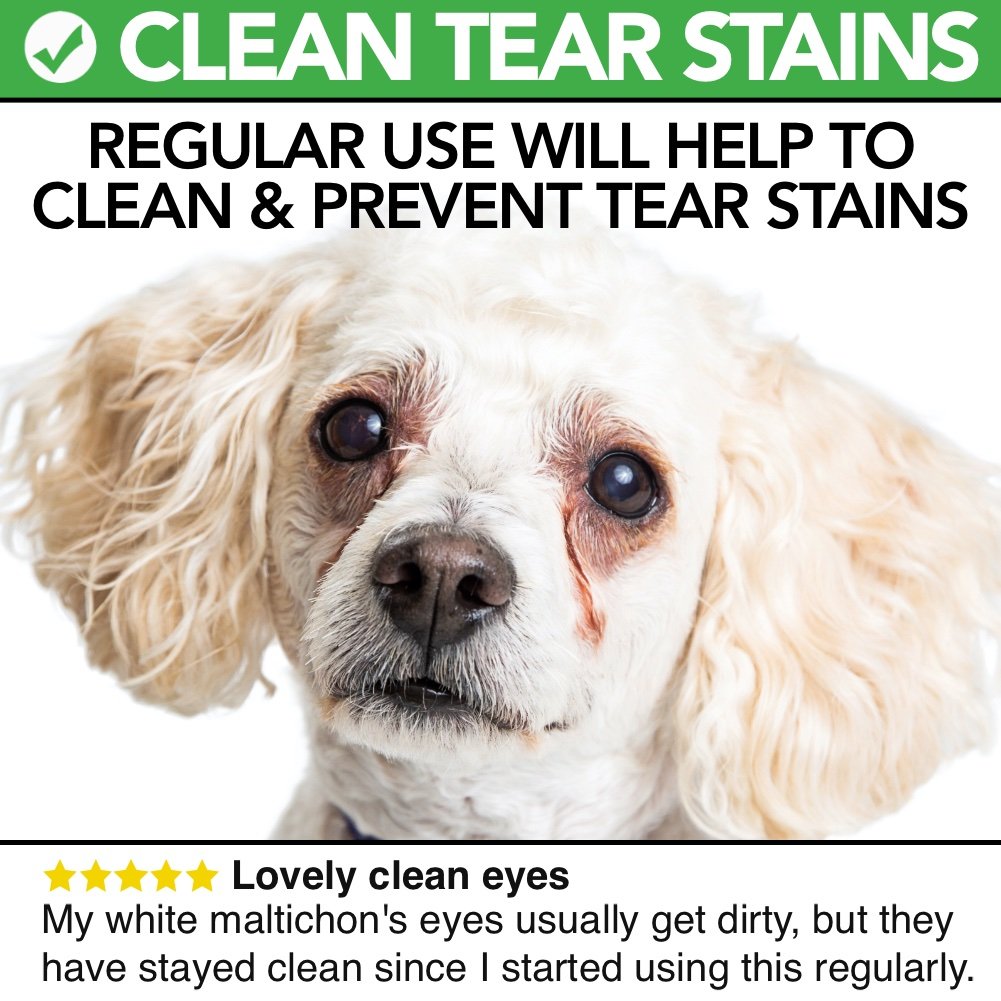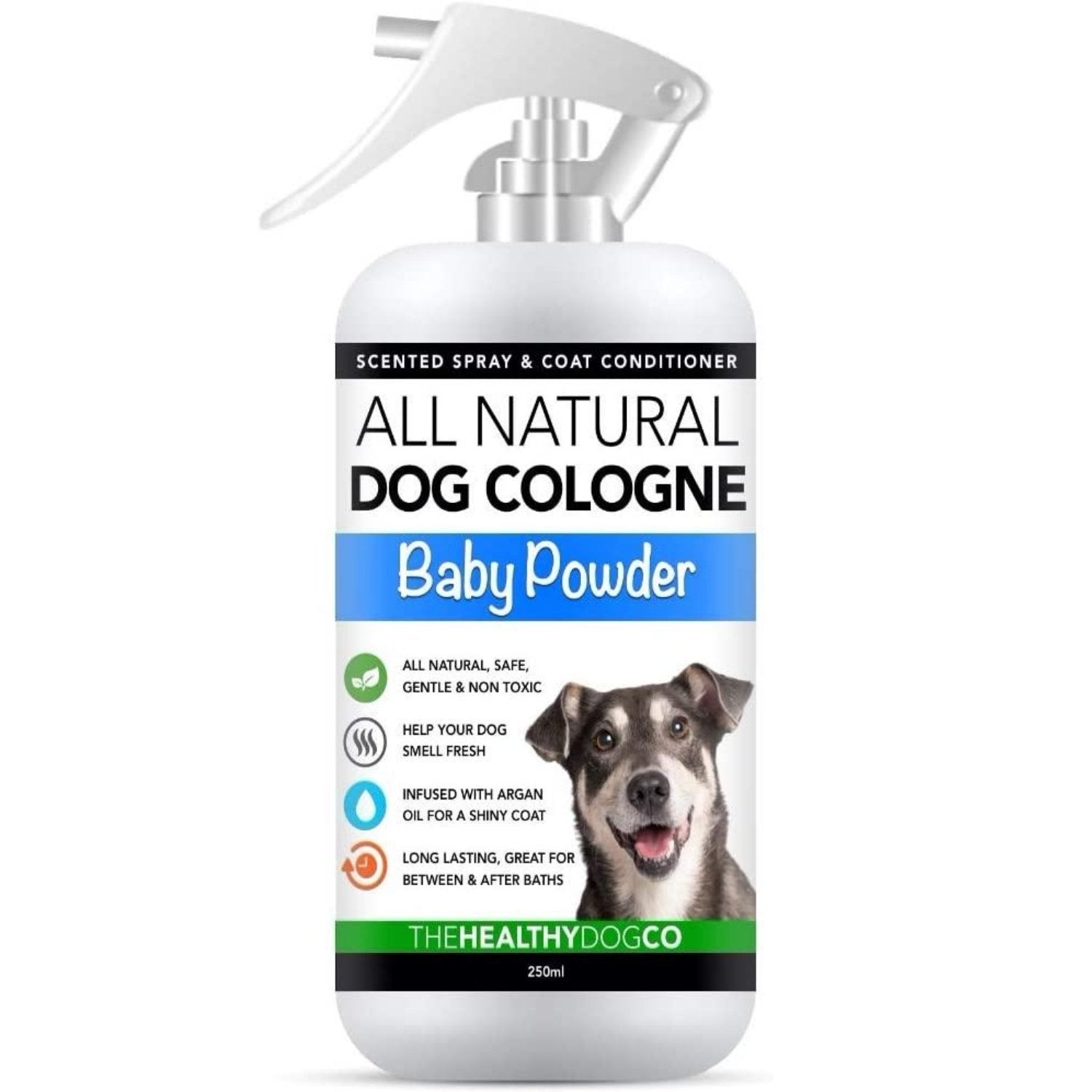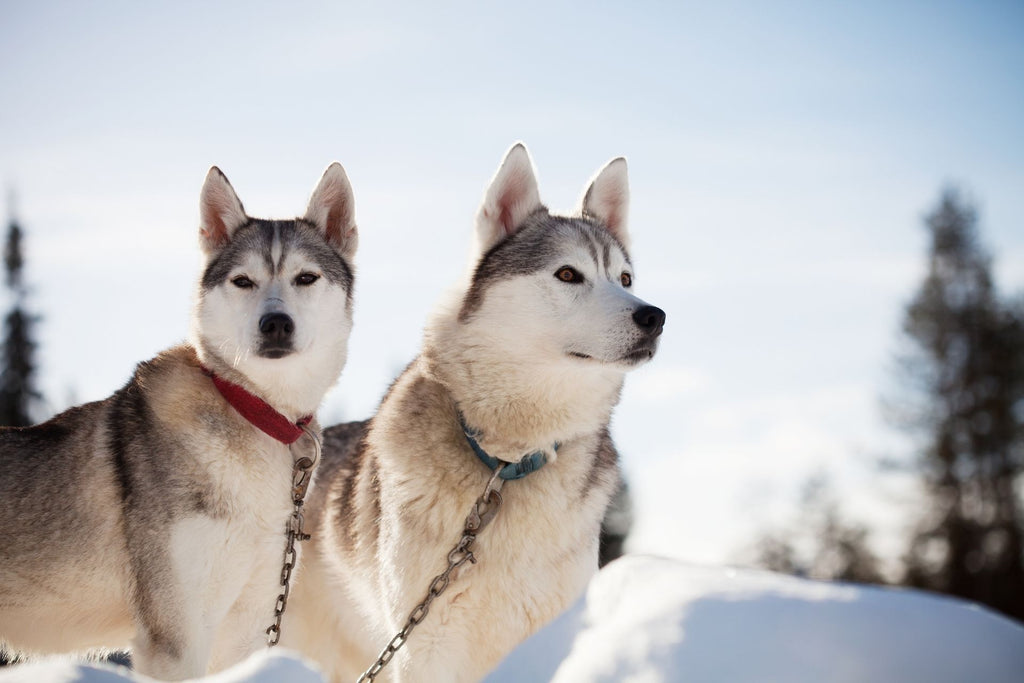
Why Do Huskies Howl

If you haven't owned a husky for very long, you have probably found yourself asking the question: Why do huskies howl? After all, most dogs tend to bark rather than howl, so why is this breed different? If you happen to live out in the country, the sound can be enough to make you think that wolves are nearby, but that's just your husky behaving normally.
We should mention that this article is somewhat speculative. Until someone figures out a way to read a dog's mind, we will never know all the reasons for which these dogs howl. However, certain things become obvious when you learn a little more about the breed. With that in mind, let's examine this topic more closely.
What Causes Huskies To Howl?
There are a lot of theories about why dogs howl, but we aren't interested in all that. We want to know why huskies howl so much more than other dog breeds. The answer to this question becomes pretty obvious when you ask yourself this question: Which dog breed most closely resembles a wolf? For most people, the answer would probably be a huskie.
In short, huskies howl more often than other breeds because they are more closely related to wolves. Of course, all dog breeds are descended from wild canines like the wolf, but some have more direct ancestry than others. The husky breed originated in Siberia before being exported to Alaska for sled racing. The native Siberian peoples who created this breed do not seem to have changed it much from its wolf ancestors.
Some people will automatically assume that a howling dog is sad. This can be the case but is not necessarily so. People probably make this assumption because the sound of a dog's howl seems very mournful to us. A human being certainly wouldn't make noises like that unless they were in great pain of some sort. However, that is only one possible reason for which a dog might howl.
Separation anxiety should not be ruled out as a cause, but you can probably tell if this is your reason. If your dog is howling because they miss you, they will obviously do this when you are not around. So, if you come home from work and your neighbours are angry because your dog was howling all day, the situation is easy to analyse. Your dog simply missed their master and expressed their sorrow through howling. There are many ways to deal with canine separation anxiety, but not all of them are effective.
Certain drugs are prescribed for separation anxiety in dogs, but we do not recommend any of them. Most of them are essentially like psychiatric drugs: They dope the animal up, causing them to behave more calmly. These kinds of remedies could not possibly remove the dog's separation anxiety. Instead, they just make the animal easy to manage, but the long-term effects of drugging your dog are just not worth the risk. Instead, consider getting a second dog or a dog-sitter of some kind. You'd be surprised how much good a little company can accomplish.
Another possible reason can come from nearby noises. When these dogs hear high-pitched noises (or things that sound similar to a dog's howl), they will basically try to "sing along." They might be under the misguided impression that another dog is trying to communicate with them, but there is no real way for us to know. Thus, you might be able to explain your dog's howling by listening to the ambient noise in the area.
What Does A Husky's Howling Mean?
As we said from the start, there is no reliable way to know all the meanings behind a husky's howl. That being said, we can answer some of these questions by looking at the reasons for which wolves howl. The howling of wolves has been studied quite a bit more than the howling of huskies, so this should make things a little easier.
Many wildlife scientists seem divided as to the reasons for which wolves howl. However, all of those arguments are matters of specifics because it all comes down to one thing: Communication. Wolves (and huskies) howl in order to communicate with each other. No one has really been able to crack the code and figure out the complete "language" behind this behavior, but there is a good reason for that.
At this point, we should address the common belief that wolves "howl at the moon." It is easy to understand why many people think that wolves do this, but they really do not. There is absolutely no reason for which a canine would howl at the moon, while there are many reasons for which they would want to communicate with the rest of the pack. Sure, dogs may not be logical creatures overall, but they tend to act on their motivations just like anything else.
It is true that wolves are more active at night and that they are most active on nights with a full moon. The full moon provides better light for hunting, making it a favourite time for nocturnal predators. At this time, wolves are more likely to engage in a lot of excited howling as they hunt for their prey, and this is probably the origin of the myth. So, just so we are clear, your dog isn't howling at the moon because their wolf ancestors didn't do that, either.
There is good reason to believe that howling signals will vary from one pack of wolves/dogs to another. This makes sense, as it is one of the ways in which a particular pack can distinguish itself from others. When your pack has its own particular language of howls and yips, you always know when your pack is calling you. This is a fascinating behaviour because it really does represent a primitive form of linguistic communication. Like the different tribes and nations of humanity, these packs recognize their own kind through a shared language.
As your husky gets older, they will likely try to establish this kind of communication with you. Because they will not be engaged in the complex hunting behaviours of a wild canine, their howling will often be used simply to get your attention. When your husky is howling, they might just be bored or lonely, so a little bit of attention might be all that is required to stop them from baying all night long.
Why Do Huskies Howl Like Wolves

Huskies howl like wolves because they are more closely related to wolves than most other dogs. It might surprise you to know this, but not all dogs are descended from wolves. Some of the smaller breeds are descended from foxes (and wild canines that were very similar to foxes), and the Molossoid family of dogs (mastiffs and bulldogs) was probably mixed with bears at some point. It certainly seems that some of those bully-breed features are much more similar to those of a bear than they are to those of a wolf.
To get an idea of what we mean, look up a picture of a wolf skull. Now compare it to the skull of a mastiff or a pit bull. You will see that they do not look very similar. However, if you substitute that bulldog skull with a husky skull, you will see that they are nearly identical. By looking at these bone structures, we can see without a doubt that huskies are more closely related to wolves than most other breeds of dog.
When you consider the origins of this breed, it all starts to make a little more sense. All huskies are descended from the Siberian variant of the breed, and these were developed by the Chuckchi tribe. No one really knows how old this breed is, but they have used this breed as a working dog since time immemorial. These dogs provide transportation, companionship, and plenty of help in the hunt.
When you consider the incredibly harsh environment in which these people lived (and still live), you can see why they didn't alter the breed very much. If they had bred it to have a shorter coat, it would have been unable to survive the winters. If they had bred it to be less muscular, it would not have been able to pull sleds so well. In short, they didn't change much because they didn't need to do so. They needed a tough and powerful dog that wouldn't freeze to death. So, since they started with wolves, all they really had to do was make them slightly smaller and less aggressive.
Wolves use howling as a means of communication because it is well-suited for their lifestyles. Wolves tend to cover a lot of ground, sometimes travelling miles in a single day to get their next kill. Because the pack will sometimes separate into groups and spread out, they must be able to maintain a basic awareness of the other group's position. Obviously, their keen sense of smell helps a lot in this department, but that has its limits. If the wind is blowing the wrong way, those scent cues might be missing entirely, and that's when they need an audial signal instead.
When Do Huskies Start Howling
There really isn't one correct answer to this question, because it varies from dog to dog. However, it does seem that young husky pups are incapable of truly howling. They can make a noise which is similar, but which cannot rightly be called a howl. There are some huskies who never really take to the habit of howling, especially if they haven't been raised around other huskies. Thus, there is no reason to be worried if your dog doesn't do this.
In general, you can expect a husky pup to start howling at 6-7 months of age. If they are really inclined towards this behaviour, they will start attempting to howl at 3-4 months of age. These are, of course, general estimates, but they hold true for most dog owners. If they haven't started howling by 8 months of age, they probably don't want to do so. In the wild, it isn't a good idea for a tiny little puppy to howl. Howls are meant to be heard from a long distance away, and that is the last thing a vulnerable little puppy should be doing in a wilderness full of other predators.
The age at which your dog starts howling will probably be influenced by the company of other dogs as well. For instance, if your dog is growing up in a whole pack of fellow huskies, you can bet that they will take to howling more readily. If they spend a lot of time outside, they will almost certainly do as their nature dictates. However, solo huskies tend to be another story.
If your dog is raised among different kinds of dogs, they will probably be less likely to develop the howling habit. If the other dogs aren't doing it, and if the other dogs aren't responding to it, then the behaviour will not be reinforced. Of course, if your husky quickly asserts itself as the alpha dog, it may teach the rest of your dogs to howl instead.
How To Deal With Excessive Howling
Some people want their dogs to howl, as they find the wolf-like nature of that behaviour to be appealing. Some others find it irritating, and some others might have reason to fear that their howls could draw in wild canines. Either way, you probably don't want to hear a dog howling all day long, so let's discuss what you should do about this kind of problem.
For one thing, you need to consider the possibility that your dog has a good reason for howling. As we already explained, dogs howl because they are trying to communicate with the rest of the pack. As their master, you represent the alpha dog of the pack (at least in their mind). Therefore, their howls might be nothing more than an attempt on their part to tell you about a problem.
If you can afford to do so, you should start by taking your dog to a reputable veterinarian. Obviously, you won't really know what kind of problem you are looking for, so you should get a general check-up. Have your vet examine the dog thoroughly and determine if there is any medical explanation for their howling. Assuming that you have an honest vet, this procedure shouldn't be that expensive. Obviously, you will then need to act on any problems that may be found.
If it turns out that your dog's howling has a medical explanation, you might be able to solve this problem quickly. However, once you have ruled out any medical issues, you will have to proceed with the attitude that this is a behavior problem. In all likelihood, your dog is probably trying to get your attention. They may want food or water, so it's always a good idea to check those things before you get mad at your dog for disturbing you.
If your dog does not have a legitimate reason to call for your attention, you must not reward that behaviour. Ignore them until they stop, as they will eventually realize that howling does not necessarily work in that way. They need to understand that they can't simply call you like a servant. Although we always advise people to be kind to their animals, you have to also assert yourself as the master if you want them to obey.
Of course, some dogs are a lot more stubborn than others. As with a child, you must use a mixture of positive and negative reinforcement. For instance, you should scold your dog if they continue howling and making noise after you have told them to stop. However, you must also reward them when they finally do shut up! This teaches them that obedience brings reward, which is a good general lesson for any dog. On a more specific level, it teaches them the importance of shutting up when commanded to do so.
Conclusion
Huskies howl for all sorts of reasons, but all of those reasons can be summed up in one word: Communication. They might be attempting to communicate with you, or the other dogs in the neighbourhood, or maybe even some distant coyotes, but one thing is for sure: This is just part of how they talk!
It is always important for a dog and their owner to establish a certain level of understanding with one another. Obviously, they cannot understand an entire human language, but dogs are one of the few creatures that can understand basic words and short phrases. As such, you should view your dog's howling as part of that communication system. We hope that you have enjoyed this article and that you will come back to see us again.
Featured Products
About The Healthy Dog Co
The Healthy Dog Co’s mission is to create products that dog and cat owners can trust with the health of their pets by only producing products with healthy, safe, all natural ingredients.
At The Healthy Dog Co, it’s all about giving your pet a healthy and happy life with All Natural Health, Happiness and Care Products.
Because Your Pet Deserves Better!
Shop our range of All Natural Healthcare Products for your Dog or Cat today!

